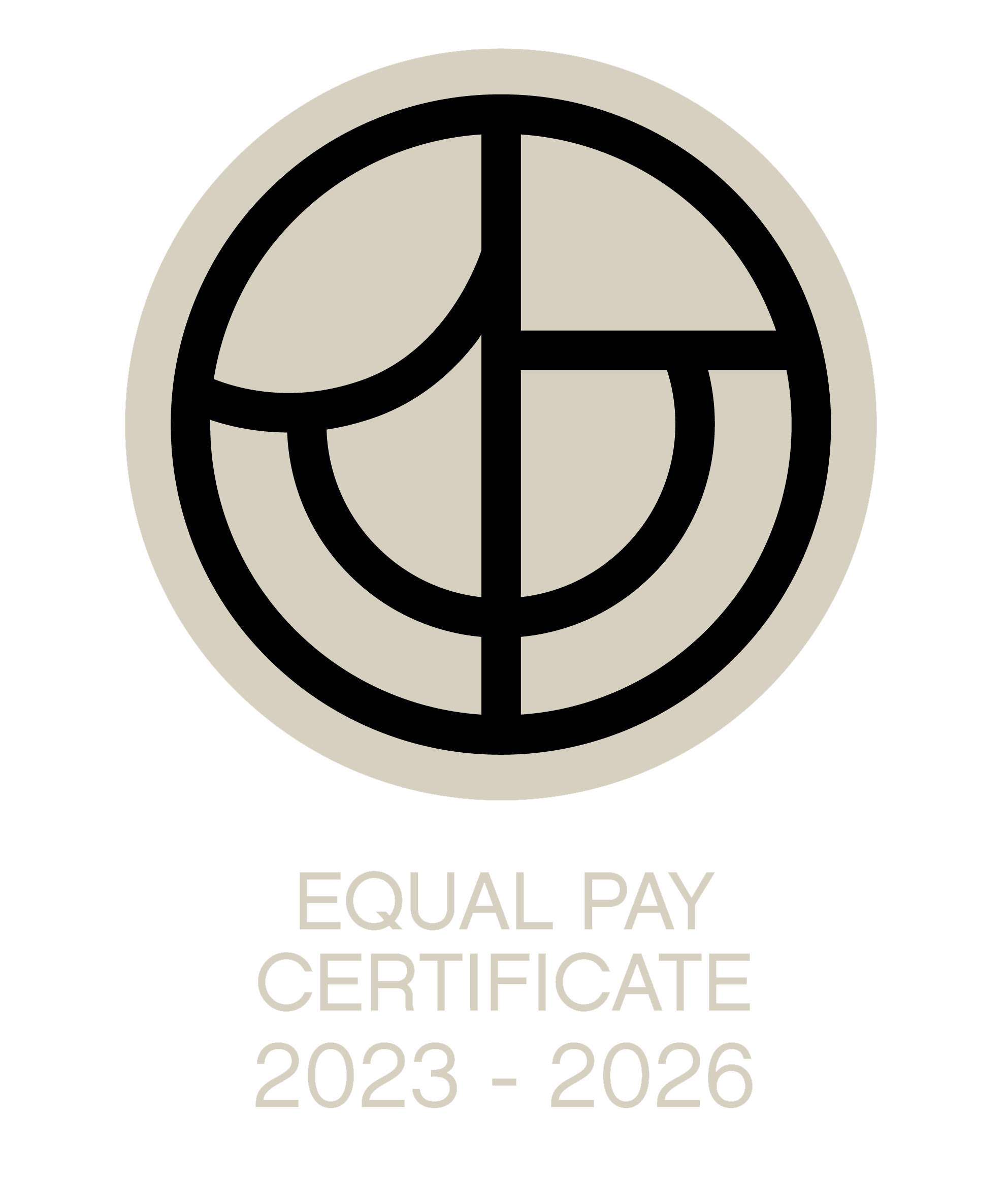Publication no 166 in the Publication series of the Agricultural University of Iceland, Rit LbhÍ, has just been published. Authors are Jacob M. Kasper, Maartje Oostdijk, Elzbieta Baranowska and Erla Sturludóttir
Summary
While Iceland has an advanced and well-developed fisheries management system most species are managed individually, that is without consideration for their role in and interactions with the whole ecosystem or with the fact that fisheries target multiple species in different areas and at different times of the year. But long-term sustainability of these economically and culturally important resources requires consideration of a broader system. End-to-end ecosystem models provide one way to account for complex interactions and evaluate how changes in one species influences other species. Here we continue parameterization of the Iceland Atlantis end-to-end ecosystem model to include multispecies fisheries for the most important groundfish fleets in Iceland. A métier analysis was performed to determine how the bottom trawl fleet targets species spatially and temporally. The Iceland Atlantis model was then parameterized with historic fishing effort to include five different bottom trawl fleets and one longline fleet which target five of the most important commercial species in Iceland: Atlantic cod (Gadus morhua), haddock (Melanogrammus aeglefinus), saithe (Pollachius virens), redfish (Sebastes sp.), and Greenland halibut (Reinhardtius hippoglossoides). The updated model will serve as basis from which management decisions can be evaluated in the context of other harvested species as well as the ecosystem as a whole.
Here you can access the publication as a PDF





